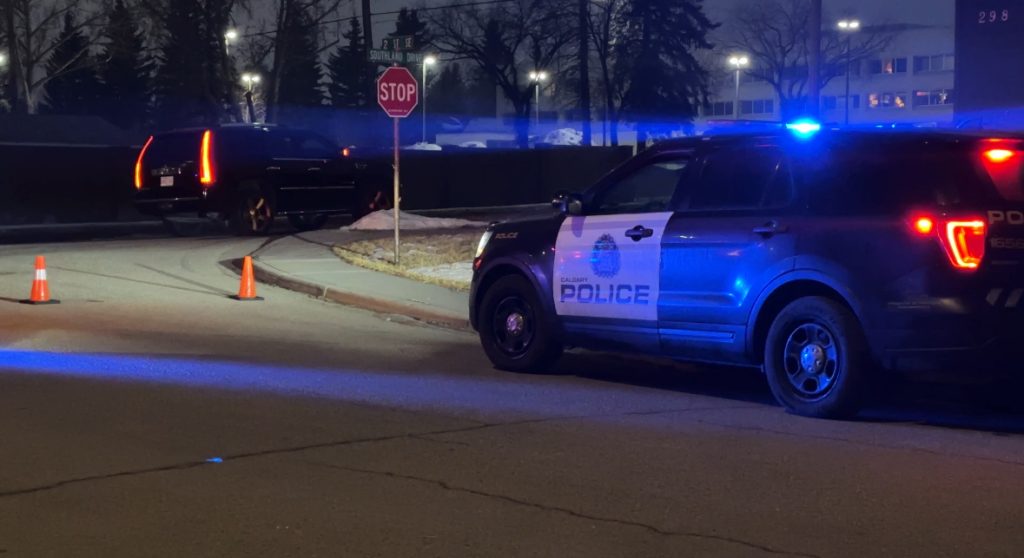Alberta doctors raise alarm on anesthesiologist shortage

Posted Jul 20, 2023 8:37 pm.
Last Updated Jul 21, 2023 1:30 pm.
Doctors are raising the alarm about an anesthesiologist shortage in Alberta, and it is hurting hospital patients in the province.
This comes as the Canadian Anesthesiologists’ Society (CAS) announced the shortage extends nationally.
According to data from the Canadian Medical Association (CMA) from 2018, 13 per cent of practicing anesthesiologists are over 65, and 26 were between the ages of 55 and 64, roughly 40 per cent of Canadian anesthesiologists.
In addition, CAS says data from the College of Physicians and Surgeons of Canada and the World Federation of Societies of Anesthesiologists states there are 4,300 anesthesiologists in the country, equal to 11 per 100,000 people.
This is below countries like Australia, which is 23 per 100,000 people; the United States, 21 per 100,000; and the United Kingdom, 18 per 100,000.
Dr. Kevin Gregg, the president of the Alberta Medical Association (AMA), says there are talks of some operating rooms having to close in the fall in Edmonton.
He says hospitals in Red Deer have already faced intermittent closures due to the shortage.
“It’s definitely province-wide,” he said. “This country is short. I’ve heard up to about 300 bodies.”
He says Calgary is down roughly 15-20 anesthesiologists, while Edmonton is around 15-20 short.
This shortage is leading to staff not being able to work efficiently at this time, Gregg says.
“Being able to put patients through in some of these facilities can be helpful in terms of overall throughput. The challenges that both bodies established facilities come out of the general pool as well,” he said.
Delays and backlogs in Alberta hospitals
Dr. Craig Pierce, an anesthesiologist at the Peter Lougheed Hospital, says the shortage is causing surgical backlogs and delays. But it’s not just because of a lack of anesthesiologists, but staff in general.
“We have unfilled surgical lists, i.e., we don’t have anesthesia or nurses or other health care personnel to satisfy the surgeon’s requests or to fill all of our operating theatres,” he said.
He adds that doctors have warned the province for years about a potential shortage.
“We know that because we know that at least .. 30 or 40 per cent of us are greater than the ages of 50 or 55 and are going to be retiring in the next 10 to 15 years, and that means a third of us who are working will create a significant void just 10 or 15 years from now,” he explained.
It takes roughly five years after med school to become an anesthesiologist.
Meanwhile, Pierce says some things are being done to address the shortage, including the Anesthesia Care Team (ACT) model and international graduates, but he would also like to see more funding for residency positions.
Positions being filled across the province
In a statement to CityNews, Alberta Health Services says there are 470 anesthesiologists in the province, which is an increase of 20, or four per cent, since late March.
It is recruiting for 65 positions across the province, which includes permanent and locum positions.
“Some of these positions have already been filled, and others are in the offer stage,” AHS’ statement reads.
“We are also expanding collaborative team-based care models that will allow more surgeries to be done with our current anesthesia workforce.
Specifically, AHS is expanding the ACT model in cases where this model has been shown to be “safe, effective, and efficient.”
Editor’s Note: This has been updated to include data from the Canadian Anesthesiologists’ Society.








